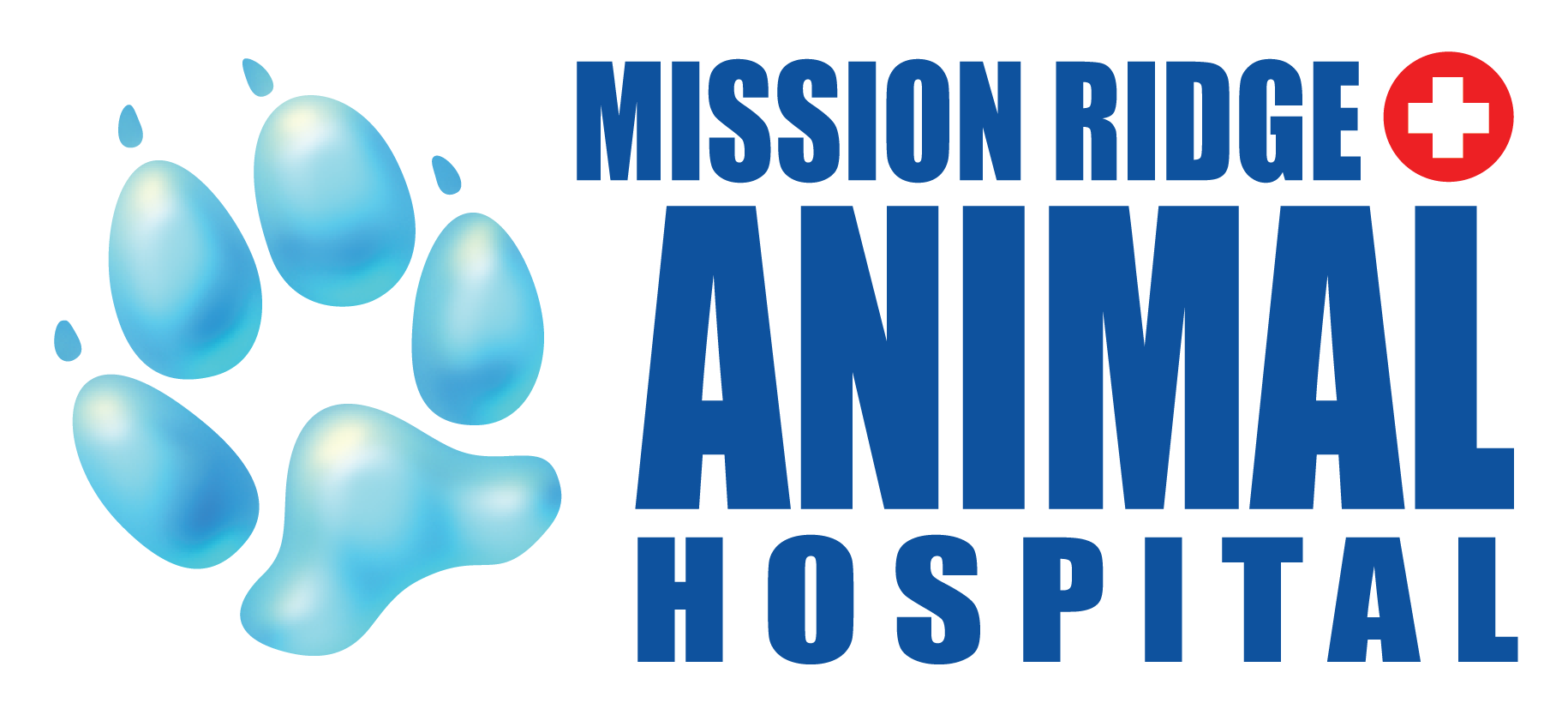My Personal Story
by: Britney Ludwig CCR
I remember the day like it was yesterday. Katniss was so cute and tiny, I couldn’t believe she was finally mine after 2 months of waiting. She had the spunkiest personality and was always ready to cuddle. I was willing to do anything for her. This included keeping her as an inside cat for her safety and my sanity. Since she was an inside cat I figured I didn’t have to vaccinate her, since she wasn’t coming into contact with other sick animals of course.
Fast forward one great year and I realize I have an extremely sick kitten. She was puking up everything including water, had severe recurring diarrhea, was extremely lethargic, couldn’t keep any food down, was depressed and just not acting like her playful kitten self. After 2 days of this I finally decided to take her to the Veterinarian. After they took x-rays and couldn’t find anything I got told she should be fine overnight and to bring her back if she still wasn’t eating the next day. I didn’t like this answer because I knew something was severely wrong with her. So I took her to a different Veterinarian for a second opinion and they informed me she needed to be kept overnight for observation and tests.
The next day I was called and told it was very likely that my cat had Feline Distemper. Routine lab work was performed including: complete blood count, urinalysis, and a physical exam. The tests usually are very nonspecific, but show minor changes like low red and white blood counts. The virus was attacking and killing her rapidly dividing cells such as the ones in her bone marrow and intestines. Finally I knew what was going on and was devastated to find out that it could have all been prevented with vaccines, and it was very likely my cat would not make it through the night.
Since I did not wait very long to take her to the Vet they were able to get her onto supportive care very quickly to try and make her better. This included IV fluids antibiotics and lots of love in a quiet and safe environment. She was given antibiotics when she came home after 3 days of supportive care. We also had to quarantine her from the other cat to prevent spreading the infection. If I would have waited overnight it is very likely she would have died.
The virus could have come in contact with her through many different things including: infected blood, urine, feces, or an infected animal. The virus can stay on objects such as shoes, bedding, food dishes or even toys. It is very likely I came in contact with virus while on a walk with the dogs.
The virus can remain on surfaces for over a year but even in the cleanest environments the virus can remain in any infected areas for very long periods of time. I washed my hands before and after entering the room with my sick cat to prevent the spread of the virus.
After 1 month of caring for her at home and not allowing her and our other cat to come nose to nose with each other I took her back to the Veterinarian to allow for her to be properly vaccinated. Since she was infected with the virus it is very unlikely that she will be infected with Feline Distemper again, but I still prefer to vaccinate her when the Veterinarian says she is due.
After all was said and done I spent approximately $2000 to make my cat better and prevent spreading the virus. The hospital fees were upwards of $1500 and we had to replace all litter boxes, toys and scratching posts.
Sometimes pets don’t get sick at all when not vaccinated but I will never take that risk again. I will gladly take Katniss to the Veterinarian once a year to prevent the heartache I went through thinking I was going to lose her. In the long run, it’s worth the money and time to have all your pets vaccinated and examined once a year to prevent any illnesses that they can possibly get with a simple vaccine and health exam. This includes the ones that are just staying inside not coming into contact with any other cats…


